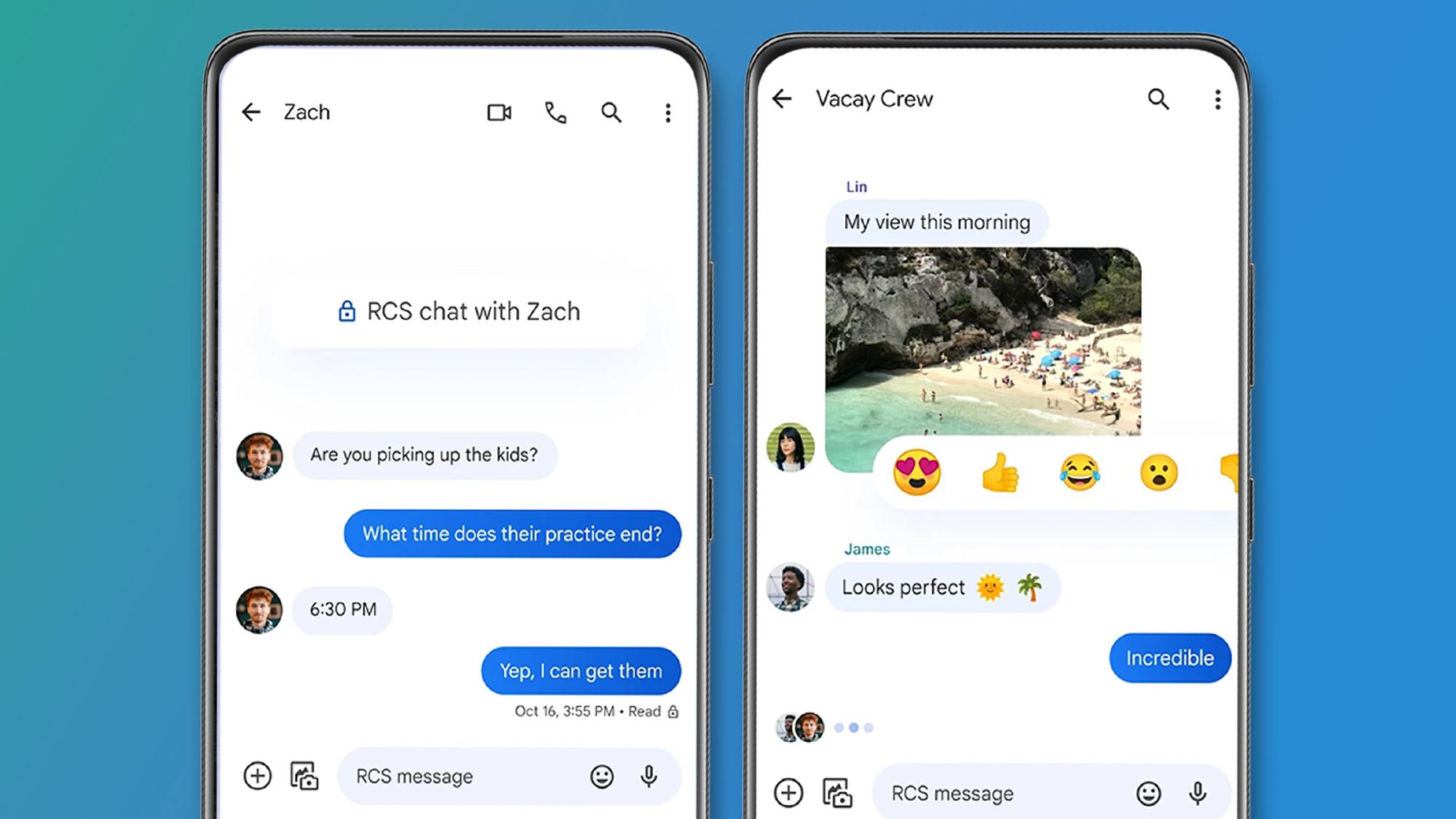Instagram to Use AI to Catch Teens Lying About Their Age and Automatically Move Them to Restricted Accounts
Social media giant Instagram has announced its latest effort to protect younger users on its platform. The company plans to deploy advanced artificial intelligence (AI) to identify teenagers who lie about their age during the account creation process. This new system aims to automatically move those underage users to restricted accounts with age-appropriate content and privacy settings. This move is an important step in protecting underage users from potential online threats and ensuring a safer digital ecosystem for everyone.
In recent years, concerns about the safety and well-being of young people on social media platforms have been growing. Instagram, which boasts over 1 billion users worldwide, is incredibly popular among teenagers. However, the platform’s minimum age requirement is 13 years old, in line with the Children’s Online Privacy Protection Act (COPPA) in the United States and the General Data Protection Regulation (GDPR) in Europe. Violating these age restrictions not only exposes young users to potential risks but also raises legal and ethical concerns for Instagram.
Teenagers often create fake accounts or falsify their age to gain access to social media platforms, particularly those with age restrictions. While some may argue that this behavior is harmless and a part of growing up, others highlight the potential dangers that children and teenagers can face when accessing content unsuitable for their age group. These risks include targeted advertising, cyberbullying, online predators, exposure to explicit material, and mental health issues stemming from comparison and social pressures.
With the new AI technology, Instagram aims to tackle this problem proactively. By analyzing user data, post content, and engagement patterns, the system can identify accounts that are likely operated by underage users. However, Instagram assures users that this process will respect privacy and not involve collecting additional personal information. Instead, the AI will focus on analyzing publicly available information to make accurate age determinations.
Once an underage user is identified, the AI system will automatically move them to a restricted account. These accounts will have content filters and privacy settings tailored to protect younger users. While Instagram hasn’t provided detailed information on the restrictions, the aim is to prevent underage users from engaging with potentially harmful or explicit content. Additionally, algorithms will prioritize notifications about account safety features and educational resources for underage users.
While there are concerns that this AI system may result in false positives or misidentification, Instagram states that it will provide users with an opportunity to verify their age if they believe they have been misclassified. This proactive approach demonstrates Instagram’s commitment to striking a balance between age verification and user experience.
Instagram’s decision to implement AI technology to address underage access is commendable. By automatically moving underage users to restricted accounts, the platform takes a proactive stance in protecting young users from potential harm and helping them engage with appropriate content. However, this initiative should be seen as a complement to responsible parenting and education surrounding online safety. Encouraging open conversations about digital literacy, online behavior, and privacy should remain a priority for parents, educators, and platforms alike.
Instagram’s use of AI technology to catch teenagers lying about their age and automatically move them to restricted accounts is a significant step in promoting a safer online environment. While it may not be a foolproof solution, it demonstrates Instagram’s commitment to safeguarding younger users and sets a positive example for other social media platforms. As technology continues to evolve, it is crucial for online platforms to prioritize user safety, particularly for teenagers who are vulnerable to potential risks.
Hey Subscribe to our newsletter for more articles like this directly to your email.
